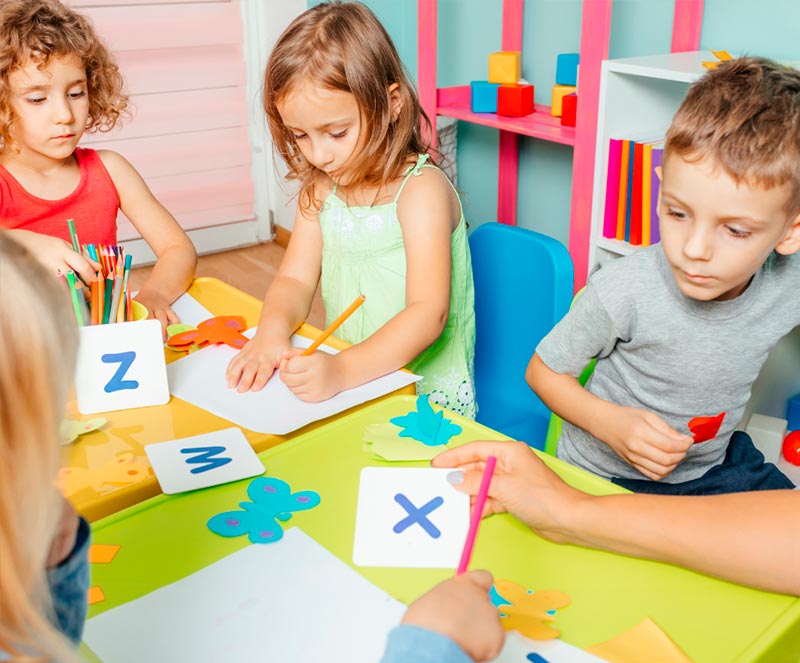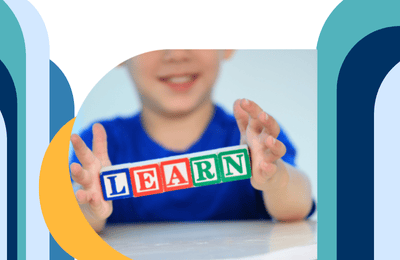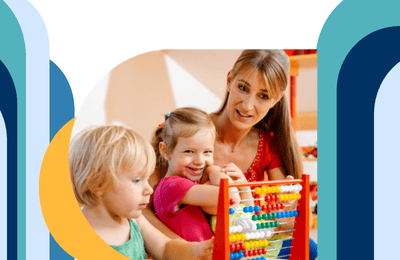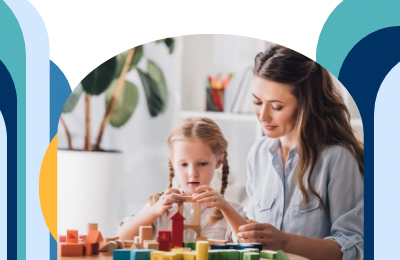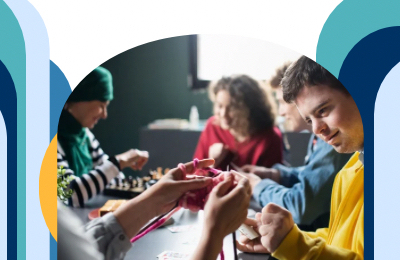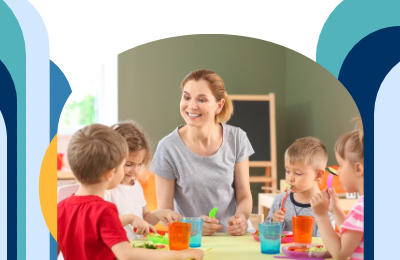Top Methods Used in Early Childhood Education (5 July 2024)
You can read the updated article at the following link
You may believe that early childhood education is of little consequence. After all, people rarely remember their years in preschool. Many older people didn’t even go to preschool. However educational and child development experts say good early years education builds the foundation for reaching important milestones later on.
There are many different teaching methods implemented in early learning environments. One of The Montessori method is a child-based, scientific approach to education developed by Italian physician, Maria Montessori. Montessori focuses heavily on self-directed, involved learning and teamwork. Maria Montessori was one of the first to use child sized furniture, which allows for more independence. The curriculum and approach developed by Montessori is supported by the work of other educational theorists such as Piaget and Vygotsky.
Friedrich Froebel was the founder of kindergartens. His work completely transformed our understanding of early childhood. The Froebel curriculum encourages children to grow into their own unique individual. It focuses on the gifts and talents of each person.
The Reggio Emilia Curriculum is a project-based approach to education. Children work together to explore new concepts and learn to be inquisitive about the world they live in. In this field of thought the environment is seen as a third teacher as children can learn much from their surroundings.
There are many different approaches to early education and new schools of thought are always emerging. These are just a few of the most popular.
5 Ways to Enhance Learning Through Play
When it comes to early childhood care and education, play is the best research. Learning through play is one of the pillars of Aistear’s early years curriculum. Here are 5 easy ways to enhance learning through play.
- Be adventurous – Many early childhood courses emphasise the importance of risky play. Encourage children to explore the wonders and limitations of the world around them,
- Be Artistic – Painting and drawing are great ways to expand a child’s knowledge while keeping them engaged,
- Dress up and role-play – This is a great way of expanding children’s imaginations,
- Music – This is an essential tool in early learning environments as it promotes listening and focus,
- Messy play – Incorporating water or sand into play time is great for development and enjoyment.
Brain Development, Why Early Childhood Care Matters?
I was astounded to learn that a five years old’s brain has already grown to 90% of the size of their adult brain.
From birth to age 5, the brain develops more than at any other time in life. The quality of a child’s experiences in the first few years of life – positive or negative – helps shape how their mind develops. Hence, early childhood care and education is essential for children to reach their full potential. When the brain’s development is fully supported in their early years, they are more likely to reach milestones later on, such as reaching expected literacy and numeracy standards, and excelling in music, arts and academic study. A strong foundation helps to develop the skills they need to become well-functioning adults.
5 Reasons Play is Important in Early Childhood
Children explore the world through play, and there is no doubt that play is an essential part of early childhood development. We live in an increasingly hurried and fast-paced world where there is less emphasis on child-driven play. Because everyone deserves the opportunity to develop to their unique potential, early years educators must create environments that allow each child to acquire the benefits of play. Síolta’s principle on play acknowledges this, as it states that play is an important medium through which children make sense of the world around them.
Here are 5 reasons why play is an incredibly important aspect of early childhood.
- Develops creativity,
- Increases physical strength,
- Promotes emotional intelligence and empathy,
- Develops logical reasoning skills,
- Improves social skills.
Fastest Ways to Recognise Children’s Distress
Interpersonal skills are essential when working in childcare. One of the skills that early care practitioners must possess is the ability to recognise that a child is in distress. Common signs of distress in children include:
- Clinging to adults,
- Changes in sleeping patterns,
- Displays of anxiety,
- Irritability,
- Lack of concentration,
- Not acting like a child and trying to take on adult roles.
Some children may become more inactive, while others will become more hyperactive. Similarly, some children may eat very little when distressed while others may develop a larger appetite. Distress presents itself differently in everyone, so it is important to watch out for any changes in behaviour.

